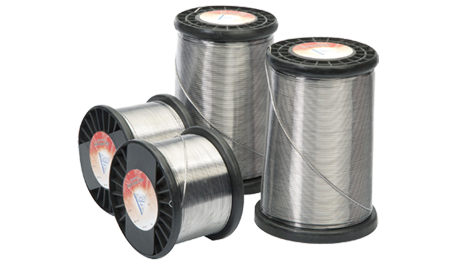Tin Solder in Automotive Industry: Ensuring Reliable Connections
In the automotive industry, the reliability of electrical connections is paramount. Tin solder plays a crucial role in ensuring durable and efficient connections across various components, including wiring systems, sensors, and Electronic Control Units (ECUs). This article delves into the significance of tin solder in automotive applications, highlighting its benefits and applications.
The Role of Tin Solder in Automotive Wiring
Automotive wiring systems are complex networks that require secure and conductive joints to function effectively. Solder is widely used to join wires and connectors, providing a stable electrical path and mechanical strength. Its excellent conductivity and corrosion resistance make it ideal for the harsh conditions vehicles often encounter.
Proper soldering techniques ensure that connections withstand vibrations, temperature fluctuations, and exposure to moisture. By using solder, manufacturers can achieve reliable wiring systems that contribute to the overall safety and performance of the vehicle.
Enhancing Sensor Performance with Tin Solder
Modern vehicles rely on a multitude of sensors to monitor and control various functions, from engine performance to safety systems. These sensors require precise and stable connections to transmit accurate data. Tin solder is instrumental in creating these connections, ensuring minimal signal loss and long-term reliability.
The use of solder in sensor assemblies helps maintain the integrity of signals, which is critical for the proper functioning of systems like anti-lock braking, airbag deployment, and fuel management. Its ability to form strong bonds with various metals ensures compatibility with different sensor designs.
Securing Electronic Control Units (ECUs)
ECUs are the brains behind many of a vehicle’s electronic systems, controlling functions such as engine timing, transmission shifts, and emission controls. The reliability of ECUs depends heavily on the quality of their internal and external connections. This solder is used extensively in the assembly of ECUs to ensure robust and conductive joints.
By providing stable connections, tin solder helps prevent failures that could lead to system malfunctions or vehicle downtime. Its use in ECUs supports the longevity and dependability of critical automotive systems.
Advantages of Using Tin Solder in Automotive Applications
- Electrical Conductivity: These solder offers excellent conductivity, essential for efficient signal transmission in automotive systems.
- Corrosion Resistance: Its resistance to oxidation and corrosion ensures long-lasting connections, even in harsh environments.
- Thermal Stability: Solder maintains its properties across a wide temperature range, suitable for under-the-hood applications.
- Mechanical Strength: It provides strong mechanical bonds, reducing the risk of connection failures due to vibrations or shocks.
- Compatibility: Tin solder is compatible with various metals used in automotive components, facilitating versatile applications.
Best Practices for Tin Soldering in Automotive Manufacturing
To maximize the benefits of tin solder in automotive applications, manufacturers should adhere to best practices:
- Surface Preparation: Ensure all surfaces are clean and free of contaminants before soldering.
- Appropriate Solder Selection: Choose the right tin solder alloy based on the specific application requirements.
- Controlled Heating: Use precise temperature control to prevent overheating, which can damage components.
- Quality Inspection: Implement thorough inspection processes to detect any soldering defects.
- Training: Provide adequate training for technicians to ensure consistent and high-quality soldering practices.
Conclusion
Tin solder is an indispensable material in the automotive industry, offering reliable and durable connections for wiring systems, sensors, and ECUs. Its properties align well with the demanding requirements of automotive applications, contributing to vehicle safety and performance. By understanding and implementing best practices in soldering, manufacturers can ensure the longevity and reliability of their automotive electronic systems.


